Minnesota’s first Black women senators reflect on ‘transformative’ first legislative session
By Panashe Matemba-Mutasa Mshale


It’s been six months since Zaynab Mohamed, Clare Oumou Verbeten, and Erin Maye Quade sailed to victory in Minnesota’s state senatorial elections, jointly making history as the first Black women to do so in the state’s 165-year existence. Having concluded their first legislative session in May, Mshale asked the senators to reflect on their experiences as new lawmakers.

“We came out of those chambers [after the swearings-in at the Capitol] and saw hundreds of people who had been waiting many years for that moment,” Verbeten said.
The three senators all agreed that the new senate “looks more like Minnesota.” The state is home to around 400,000 residents who identify as Black or African American, 125,000 of whom were born in Africa, according to a study the Minnesota Department of Employment and Economic Development published in 2020. As their population grows, more Minnesotans of African descent are increasingly venturing into politics, many of them successfully. Mohamed and Verbeten, who are respectively descended from Somali and Senegalese immigrants, are the only women senators in this legislative term with recent ties
to Africa. Quade, while not from a family of immigrants, doubly made history as one of the first Black women, and the first openly lesbian senator in the state’s history.
Before they could even process the magnitude of their victories, the three senators had to hit the ground running, working on some of the most transformative pieces of legislation the state has ever seen. Notably, Mohamed, who represents District 63, was the chief sponsor of the “Driver’s License for All” bill, which allowed immigrants in Minnesota to obtain stateissued driver’s licenses. It was signed into law in March. In a session she described as “exciting, hopeful, and transformational,” the Somali American legislator said she has enjoyed watching the fruits of her labor manifest so far.
“Watching all the ideas I was able to present change lives has been one of my proudest moments [in the senate] thus far,” she said.
And Verbeten supported and advocated for Minnesota’s largest-ever infrastructure bill, which allocated $2.6 billion for the repair of roads and bridges across the state. The bill will funnel millions of dollars into her dis- trict, she said.
“It’s high time Minneapolis and St. Paul get the resources to build their communi-
ties,” Verbeten said.

As her colleagues pushed for their respective bills, Quade was making strides in education. One of the laws she fiercely defended was the “Minnesota Reading to Ensure Academic Development Act” (READ Act), which Gov. Tim Walz signed in May to ensure grade-level reading for all Minnesota students. She also pushed for reproductive rights and rights for pregnant and nursing mothers. As a mother, Quade said issues pertaining to children and families resonate with her. In the next legislative session, she said she would like to see a bill that guarantees insurance coverage for fertility services.
“It’s a huge family equity issue that I would like to address in my remaining time in office,” Quade said.


But walking the halls of power hasn’t spared the three lawmakers from challenges. Being the first Black women in their positions has left them feeling like “the guinea pigs” and heaped on them the burden of representing their race. Minnesota’s senate has historically been predominantly white, so the senators said they must remember to advocate for themselves as they advocate for the people in their respective
See Senators on Pg. 4
JULY 24-30, 2023 Issue # 584 www.mshale.com INSIDE THE AFRICAN COMMUNITY NEWSPAPER
P.8 Africa will have nine teams, and maybe 10, at World Cup 2026
Little Africa Festival will be Sunday, August 6 in St. Paul P.5
P.9
P.10 Global music sounds fills Minneapolis street
African Hebrew Israelites face deportation from Israel
Sen. Zaynab Mohamed (D-Minneapolis), left, U.S. District Court Judge Wilhelmina M. Wright, left center, Sen. Clare Oumou Verbeten (DSt. Paul), right center, and Sen. Erin Maye Quade (D-Apple Valley), right, pose for a photo together prior to the opening day of the 2023 session Tuesday, January 3, 2023. The three senators are the first Black women to be sworn into the Senate in it’s 164-year history.
Photo: Richard Ooga/Mshale
Introducing Twin Cities artist Kprecia Ambers


















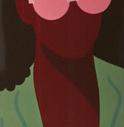





























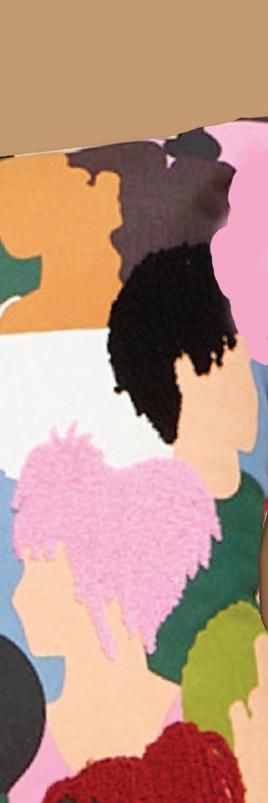






As part of Artist Spotlight, Kprecia hopes people will nd themselves in her illustrations and feel the con dence to nd their shine.














- The African Community Newspaper www.mshale.com July 24-30, 2023 Issue 584 Mshale 2
“The whole point of it is to be able to connect with people, and I feel like I do that through my words and my visions, or through the visuals I use.”
discover Kprecia Ambers’ collection
Guest Commentary by
Patti LaBelle
Why I am fighting for greater visibility for diabetic men and women
More than 25 years ago, I collapsed onstage while performing. I had no idea what was happening, but that night in the hospital, when I was diagnosed with Type 2 diabetes, my life was forever changed.
At first, I was angry, and I was terrified. I watched my aunt and uncle lose their sight, and my mother lost both her legs before she died in her 60s due to diabetes. I know firsthand the toll that this disease can take. It took me a while to do something about my diabetes. I was in denial. I kept my old unhealthy eating habits. If it was battered or fried, I ate it!

Eventually, I realized my glucose levels weren’t getting any better, and I knew it was time to do something. I made a conscious choice to prioritize my health and change my way of living. I turned to my love of cooking to overhaul my diet. It meant I had to put down the butter and pick up the vegetable steamer. I would even take my pots and pans with me on tour and cook in my suite with ingredients from the local farmer’s market, just so I could better control my food intake.
The more attention I pay to my health, the better I feel. Exercise and I are not friends, but I started becoming more active – whether walking my dog and exercising in my pool or hopping on the elliptical machine. I use my Dexcom continuous glucose monitor (or CGM) to stay on top of my glucose levels throughout the day, without the need for painful finger pricks. It lets me know where my glucose levels are and where they’re headed, all with a glance at my iPhone. I can even share my levels with members of my family and my physician so they can keep a close eye on them, too.
I am proud of how far I have come on my health journey, and I am blessed and privileged to have an incredible support system in my doctors, family and friends. But millions of Americans in this country are not as fortunate.
According to the Centers for Disease Control and Prevention, about 1 in 10 Americans have diabetes (34 million), and approximately 90% of them have Type 2 diabetes.
Black people are 60% more likely to develop diabetes than white people, and in 2018, the U.S. Department of Health and Human Services found that Black people were twice as likely as white people to die from diabetes.
Lots of things are making this true, but it doesn’t have to be this way.
Patti LaBelle lost three sisters to cancer. Now, she’s telling adults to ‘take heed and get checked’
Living with diabetes has never been easier; insulin pumps talk directly to continuous glucose monitors and automatically deliver insulin, and you can keep a close eye on your glucose levels from your smartwatch or phone without pricking your finger – no one likes to do that!
But this amazing technology is still not in the hands of people in Black communities and communities of color. A recent survey of people with insulin-treated diabetes found that most believe they deserve new technology to manage their disease, and I couldn’t agree more.
Why are so many of us out here fighting diabetes with the same old tools that have been around since my aunt, uncle and mother were diagnosed? If today’s health care system provided more coverage for (and access to) these technologies, millions of lives could be saved.
Diabetes is often invisible to everyone except those living with it, and for too long, minorities have felt invisible in this country. They deserve to feel seen and heard. I am proof that you can not only live with Type 2 diabetes but also live well with it. I am not a diabetic, I’m a divabetic! And I am proud of it. That is why this November, along with the Global Movement for Time in Range, I am sharing my story to amplify this important topic, and advocating for better access to diabetes technology and asking that decision-makers take action for communities of color to receive the care they need.
Whether you have Type 1 or Type 2 diabetes, care for someone with diabetes, or you simply believe that people with diabetes deserve better, you can take action too by joining the conversation at wheninrange.com.
It’s time that we all truly #SeeDiabetes, because we can’t help change what we cannot see.
Patti LaBelle is a singer, actress, author and advocate.
- The African Community Newspaper www.mshale.com July 24-30, 2023 Issue 584 Mshale 3
Join the Mshale Text Club: Text AFRICA to 24587 or follow us onTwitter.com/Mshale Community News, updated daily on Mshale. com
© 1995-2023 Mshale Communications, Inc. Mshale – The African Community Newspaper Editorial & Corporate Office: 2 E Franklin Ave., Suite 1 Minneapolis, MN 55404 Mailing Address: P.O.BOX 80071, Minneapolis, MN 55408 Tel: 612-454-5648 Email: mshale@mshale.com www.mshale.com President & Publisher: Tom Gitaa Contributing Editor: Edwin Okong’o Staff Writers: Kari Mugo, Bethel Gessesse, Cynthia Simba, Panashe Matemba-Mutasa, Milkee Bekele Contributing Writers: Susan Budig Design & Layout: Staff Photographers: Richard Ooga, Bethel Gessesse, Jasmine Webber Distribution: Bluebird Mshale is published weekly on Monday. It is available every Monday for free at most African stores , African restaurants and metro area county libraries. Mailed subscriptions are $60 per year. Memberships: Minnesota Multicultural Media Consortium (MMMC) , Pan African Business Alliance (PABA). The editor welcomes letters, opinion pieces and commentary on issues of interest to the African community in North America. Contributions must be typed and will be edited for clarity and space. Submissions can be mailed or submitted online at www.mshale.com
districts.
“The Capitol is not a space that’s designed for people who look like me, and that’s been a huge challenge for me,” Mohamed said.
Fortunately, the senators said they have each other, and therefore have not had to face the struggles alone. Mohamed said she had formed a sisterhood with her fellow Black women senators that helped her navigate hardships. Quade and Verbeten echoed her, with the former sharing that they all “talk every day,” and the latter adding that having her office adjacent to Mohamed’s made it easier for them to connect. Verbeten added that she has a group photo of herself with Mohamed, and Quade in her office.
“I can only imagine the Black legislators who came in here alone,” Verbeten said. “We’re so fortunate to have each other.”
The senators all said they learned more about themselves through the highs and lows of their new roles, with a common theme being that they were stronger than they initially thought they were. Quade, for instance, spoke about having to defend a bill while her daughter was in the pediatric intensive care unit. She said she became stronger as she simultaneously navigated her first session and first-time motherhood.
Sen.
(D-Burnsville), left, Sen.

(D-St. Paul), right, hand in S.F. 73 the cannabis provisions modification bill to Senate Desk staff Scott Radunzel, center, after session Thursday, January 5. The 243-page bill would legalize adult use cannabis for those 21 and older as well as include a robust expungement program.

positions in the future. Quade advised them not to fall into the trap of believing that one must wait for an arbitrary level of professional success before pursuing political dreams.
“There were so many times I missed my baby, but I learned to persevere and rely on my peers for support when I needed to,” Quade said.
The trailblazing senators imparted words of wisdom for those in underrepresented communities who aspire to be in their
Mshale Text Club: Text AFRICA to 24587 to join
“We often tell ourselves we need to be credentialed in a certain way, and we don’t,” Quade said. “Our legislative body is made up of citizens. You don’t have to have experience being a lawyer, city council person, or mayor before you decide you want to create change.”

Mohamed and Verbeten agreed, adding that having unique identities can make campaigning an uphill battle. However, they said she believed the unique experience of belonging to an underrepresented group is one trait that prepared them for their success.
“People will always underestimate you, but never dim your light,” Mohamed said.
Sen.
(D-Minneapolis), one of first three Black women elected to the Minnesota Senate, holds a press conference on HF 4, the “Driver’s License for All” bill, prior to the start of session Tuesday, February 21, 2023. Governor Walz signed the bill into law on March 7, 2023 allowing undocumenetd immigrants to obtain driver’s licenses.

- The African Community Newspaper www.mshale.com July 24-30, 2023 Issue 584 Mshale 4
Senators Continued from Pg. 1
Sen. Erin Maye Quade (DFL-Apple Valley), right, and Sen. Jim Abeler (R-Anoka) consulted with each other during the first meeting of the Education Policy Committee Monday, January 9, 2023. Sen. Maye Quade, one of first three Black women elected to the Minnesota Senate, authored the READ Act which eventually became law to ensure grade-level reading for all Minnesota students.
Photo: Michele Jokinen/ Minnesota Senate Media
Lindsey Port
Oumou Verbeten
Photo: A.J. Olmscheid/Minnesota Senate Media
Zaynab Mohamed
Photo: A.J. Olmscheid/Minnesota Senate Media
9th annual Little Africa Festival returning to Hamline Park on Aug. 6
By Mshale Staff
The Little Africa Festival is returning to Hamline Park in St. Paul on August 6th.

It’s the festival’s 9th anniversary celebrating African culture – including fashion, art, music, and economic empowerment under its core objective.
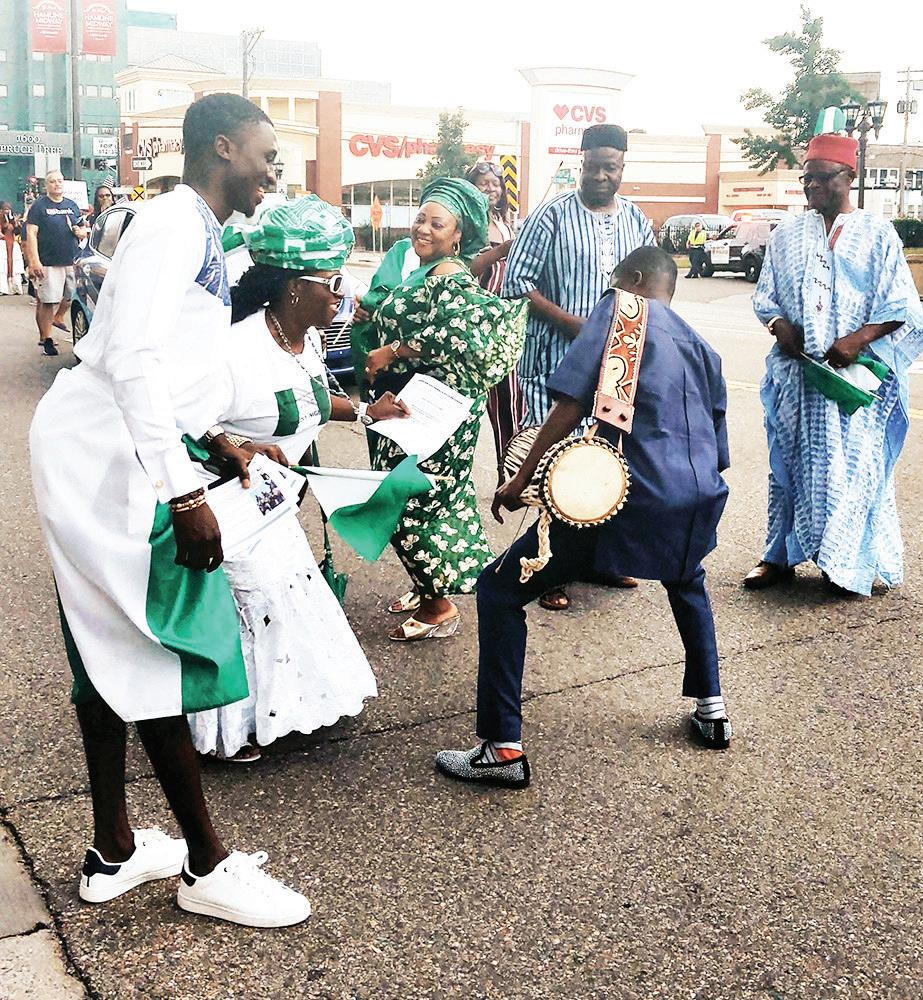
Dr. Gene Gelgelu, executive director of African Economic Development Solutions (AEDS) which organizes the annual event, told a press conference to expect a “bigger and better festival.”
AEDS which was founded in 2008 is a nonprofit that helps African immigrants establish and build businesses and foster financial independence among families and individuals.
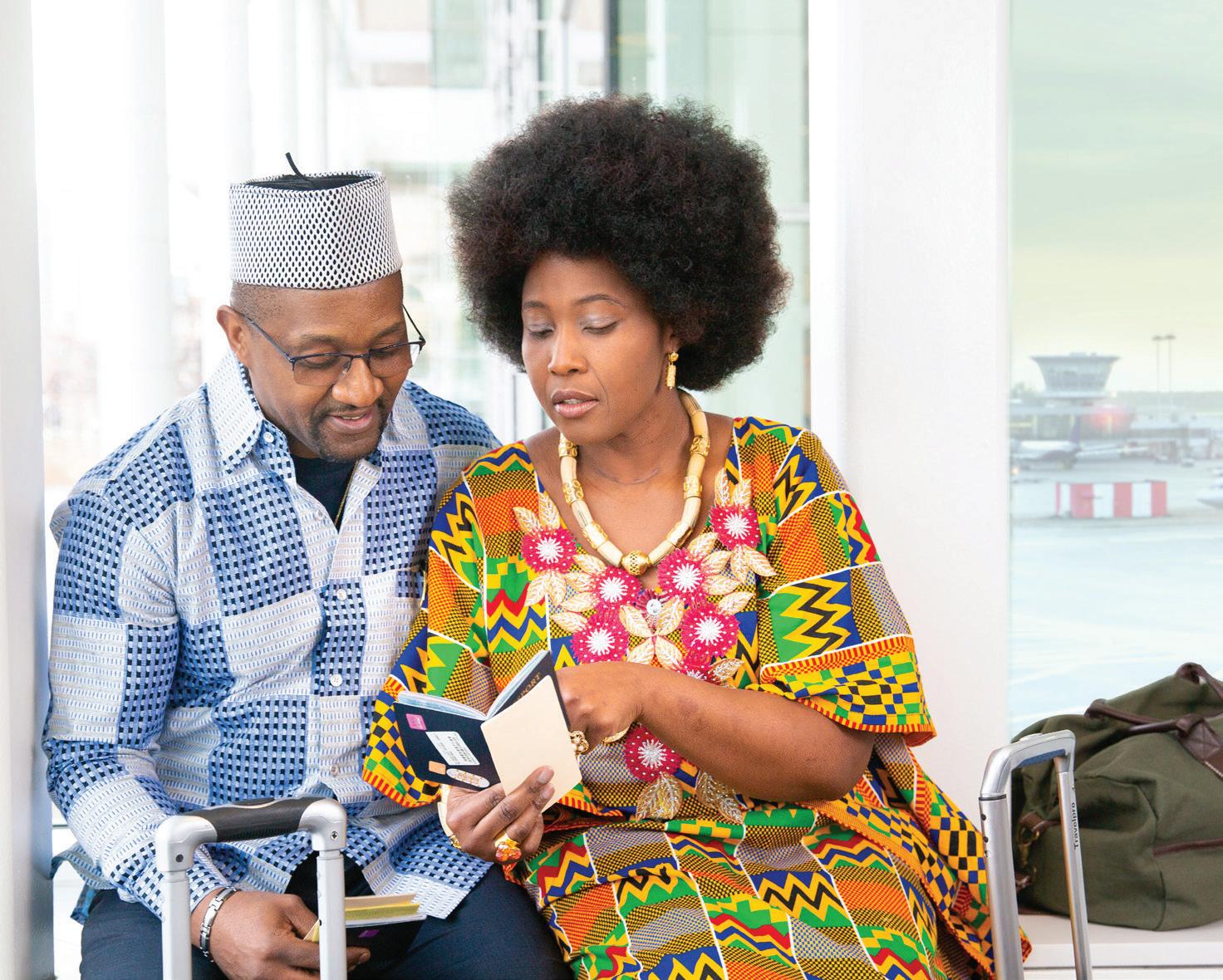
“We will have more food and actors and more people coming out to celebrate our diversity, beauty and resilience of African people in Minnesota and around the world,” Dr. Gelgelu said, adding that the festival will be livestreamed for the first time so people around the world can also participate.
Dr. Gelgelu also revealed to the press that his organization will be announcing the construction of Little Africa Plaza at
678 Snelling Avenue which will serve as a cultural and entrepreneurial center and future headquarters of AEDS. The center will also house an African museum in addition to halal grocery stores and other businesses.
“Groundbreaking will be this year and construction will be completed in 2024,” Dr. Gelgelu said, adding that more information regarding Little Africa Plaza will be coming soon.
He told Finance & Commerce in February that AEDS has purchased the 100-year old building at 678 Snelling and it will involve a $5.5 million adaptive reuse that will be a “cultural center for entrepreneurship.” The building is just a few feet from where Little Africa was launched in 2013.
The Little Africa Festival will run from 12 pm-9 pm on August 6 at Hamline Park, located at 1564 Lafond Ave, in Saint Paul. Metro Transit’s Green Line train is a five-minute walk from the venue.
Mshale is a media sponsor of the festival.
More information about the festival can be found at littleafricafest.com.
Free Summer Events


- The African Community Newspaper www.mshale.com July 24-30, 2023 Issue 584 Mshale 5
Free Family Fun Days | Sundays Fun activities and explore nature Multiple locations
on the Hill Happy hour, movies and concerts
June 7
Hills Ski Area
OnStage Free concerts
28
24 Bicycle festival and
Carver Park
for food and drink at
ThreeRiversParks.link/Programs
Events
Wednesdays starting
Hyland
Silverwood
Wednesdays starting June
Silverwood Park Trail Spin | June
activities
Reserve *Payment required
events.
Nigerian dancers at a past Little Africa festival parade. The 2023 festival will be held at Hamline Park in St. Paul on August 6.
TRAVELING INTERNATIONALLY? Malaria can be just a plane ride away. Medications, repellent, bed nets, and more can protect you from malaria and other diseases spread by mosquitoes. Visit your doctor or travel clinic as soon as you know you are traveling. health.mn.gov/travel Image may not depict current travel requirements.
Photo: Bethel Gessesse/Mshale File

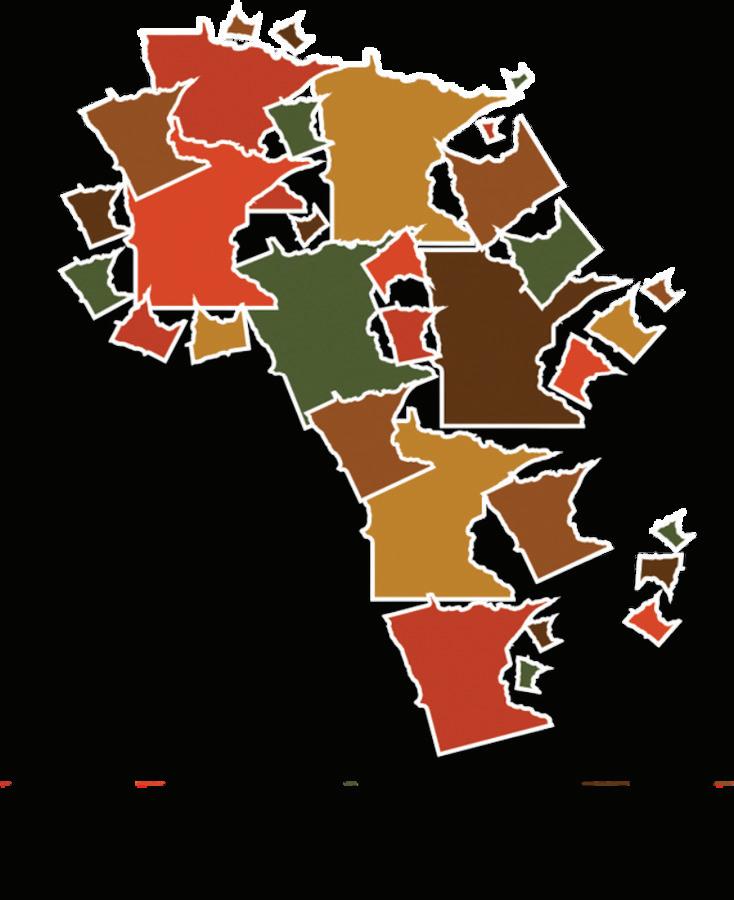



- The African Community Newspaper www.mshale.com July 24-30, 2023 Issue 584 Mshale 6 12pm-9pm SAVE THE DAY HAMLINE PARK SUNDAY AUGUST 6, 2023 1564 LAFOND AVE ST.PAUL, MN 55104 lafest@aeds-mn.org (651)-646-9411 FOR MORE INFO ON VENDING AND PERFORMING, PLEASE REACH OUT TO US AT WWW.littleafricafest.com Parade - music - food - art - business & MORE
Unite to Fuel Change
We live in a world where divisions and poverty affect everyone but when we unite as changemakers we can create a community where all people thrive.
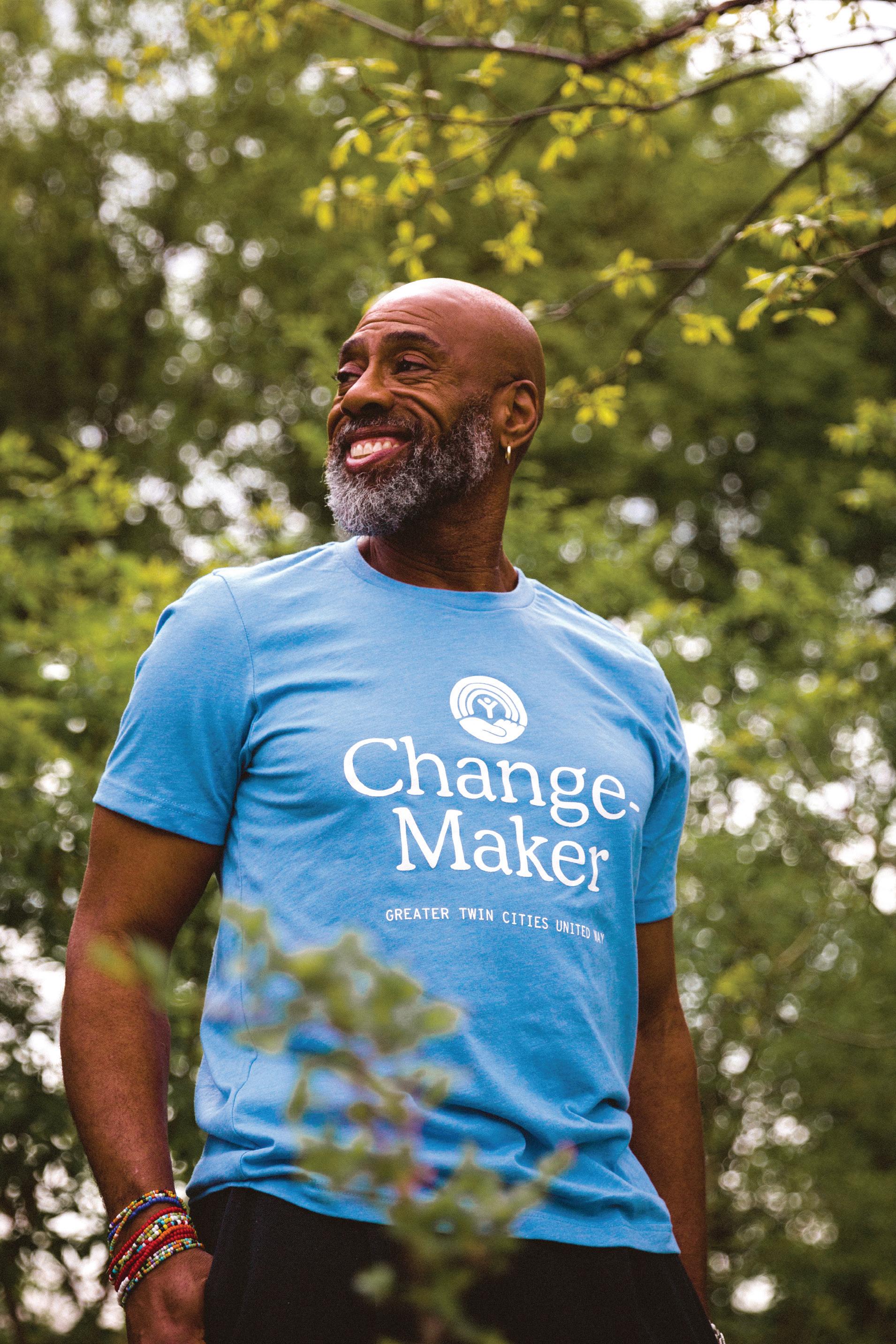
7
JOIN THE MOVEMENT VISIT GTCUW.ORG TO LEARN MORE
Africa’s World Cup qualifying draw launches new format and at least 9 teams towards 2026 event
By Gerald Imray Associated Press
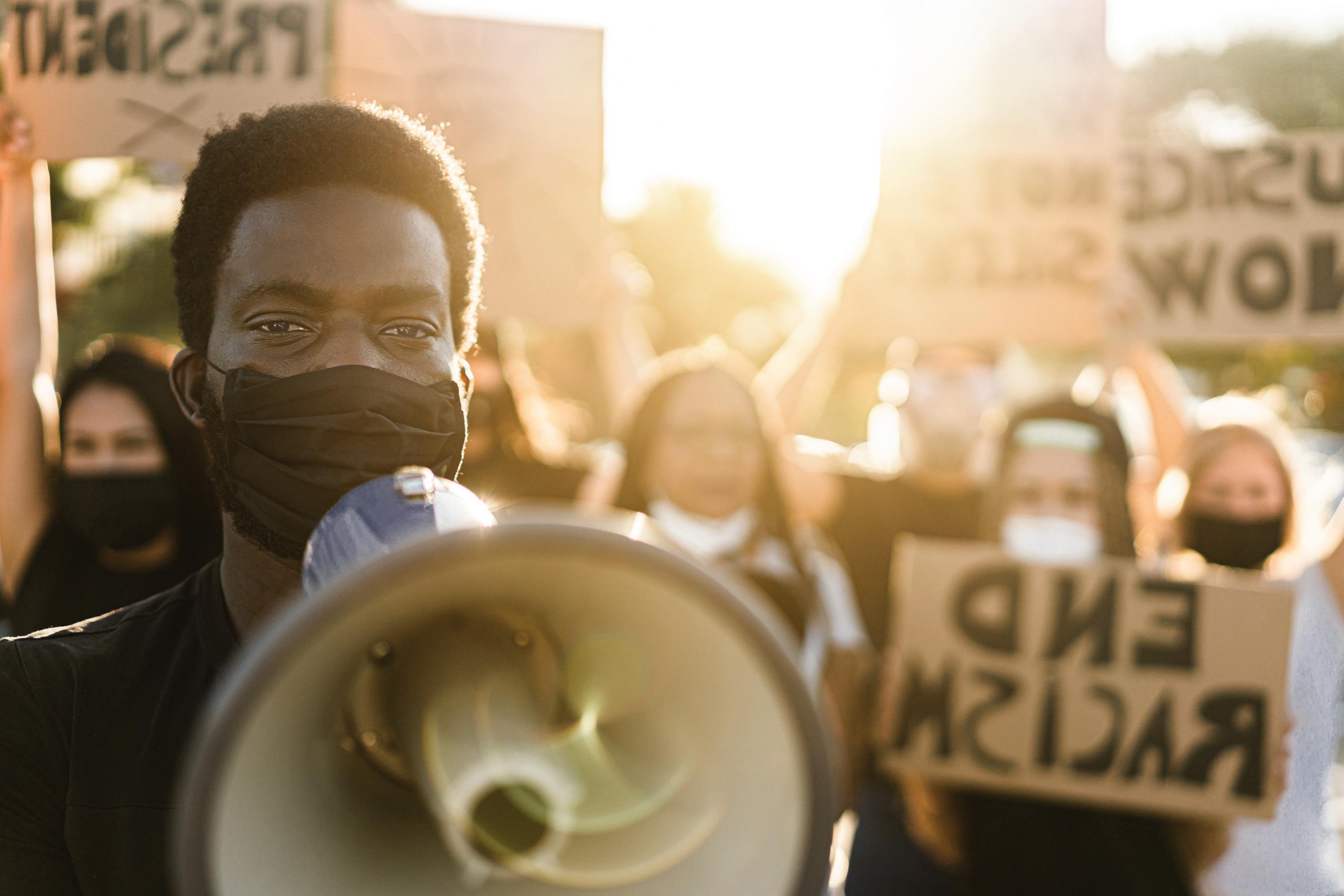
Nigeria and South Africa were drawn in the same World Cup qualifying group on Thursday in a re-shaped African competition that will lead to at least nine teams at the 2026 showpiece in the U.S., Canada and Mexico.
The enlarged 48-team World Cup in three years’ time means Africa’s places are up from five to nine, with the possibility of a 10th African team making it through an inter-continental playoff.
In the new African format, just the winners of the nine six-team groups are guaranteed a place at the World Cup. The four best second-place teams enter African playoffs and the one that comes through those makes it to an intercontinental mini-tournament, where the two final teams at the World Cup will be decided.
World Cup semifinalist Morocco, the first African or Arab team to make the last four after its surprising run in Qatar last year, is in a group where its sternest tests will likely come from 2012 African champion Zambia and Niger.
The African qualifiers will be played from November to October 2025.
Benin, Zimbabwe, Rwanda and Lesotho are the other teams in Group C with Nigeria and South Africa. Zimbabwe was included in the draw after FIFA lifted an international ban on the country on Tuesday. Zimbabwe was suspended in February 2022 because of government interference in its soccer federation.
Morocco, Zambia and Niger are in Group E with Republic of Congo, Tanzania and Eritrea, which is ranked 200 out of FIFA’s 211 teams.
The draw followed the Confederation of African Football’s general assembly in Abidjan, Ivory Coast, the West African country that will host the next African Cup of Nations in January-February.
Defending African champion Senegal will play Congo, Mauritania, Togo, Sudan and South Sudan in Group B. The Sudanese neighbors will play each other in World Cup qualifying having split into independent states in 2011 after decades of civil war.
Egypt is in Group A and is expected to be pushed by Burkina Faso for the qualifying place there. Egypt played at the 2018 World Cup in Russia after a 28-year absence but missed Qatar.
Morocco, Senegal, Tunisia, Cameroon
and Ghana were the five teams from Africa to qualify for the World Cup last year. While Morocco made history to get to the semis, Senegal lost in the last 16 and the other three didn’t get past the group stage.
Ghana faces a tough qualifying path in Group I against Mali, Madagascar, Central African Republic, Chad and Comoros, the tiny island archipelago that beat the Ghanaians in the group stage of the last African Cup and sent them to an early and embarrassing elimination.
Tunisia is with Equatorial Guinea, Namibia, Malawi, Liberia and Sao Tome and Principe in Group H.
Cameroon faces Cape Verde, Angola, Libya, Eswatini and Mauritius in Group D.

Algeria is with Guinea, Uganda, Mozam-
bique, Botswana and Somalia in Group G.
At CAF’s general assembly, FIFA president Gianni Infantino announced a new African Football League featuring eight clubs from across the continent would kick off on Oct. 20.
The African league was meant to be launched in August with 24 teams and prize money of $100 million but was delayed and has been reduced to a much smaller competition.
Infantino said it would eventually evolve into a “big version” but didn’t give any details on which clubs would initially take part or if it would still be the richest tournament in Africa, as CAF president Patrice Motsepe promised at last year’s general assembly in Tanzania.
- The African Community Newspaper www.mshale.com July 24-30, 2023 Issue 584 Mshale 8
France’s Ousmane Dembele, background, and Morocco’s Yahia Attiyat Allah challenge for the ball during the World Cup semifinal soccer match between France and Morocco at the Al Bayt Stadium in Al Khor, Qatar, on Dec. 14, 2022.
Photo: Martin Meissner/AP File
After decades of struggle in Israel, dozens of African Hebrew Israelites face deportation
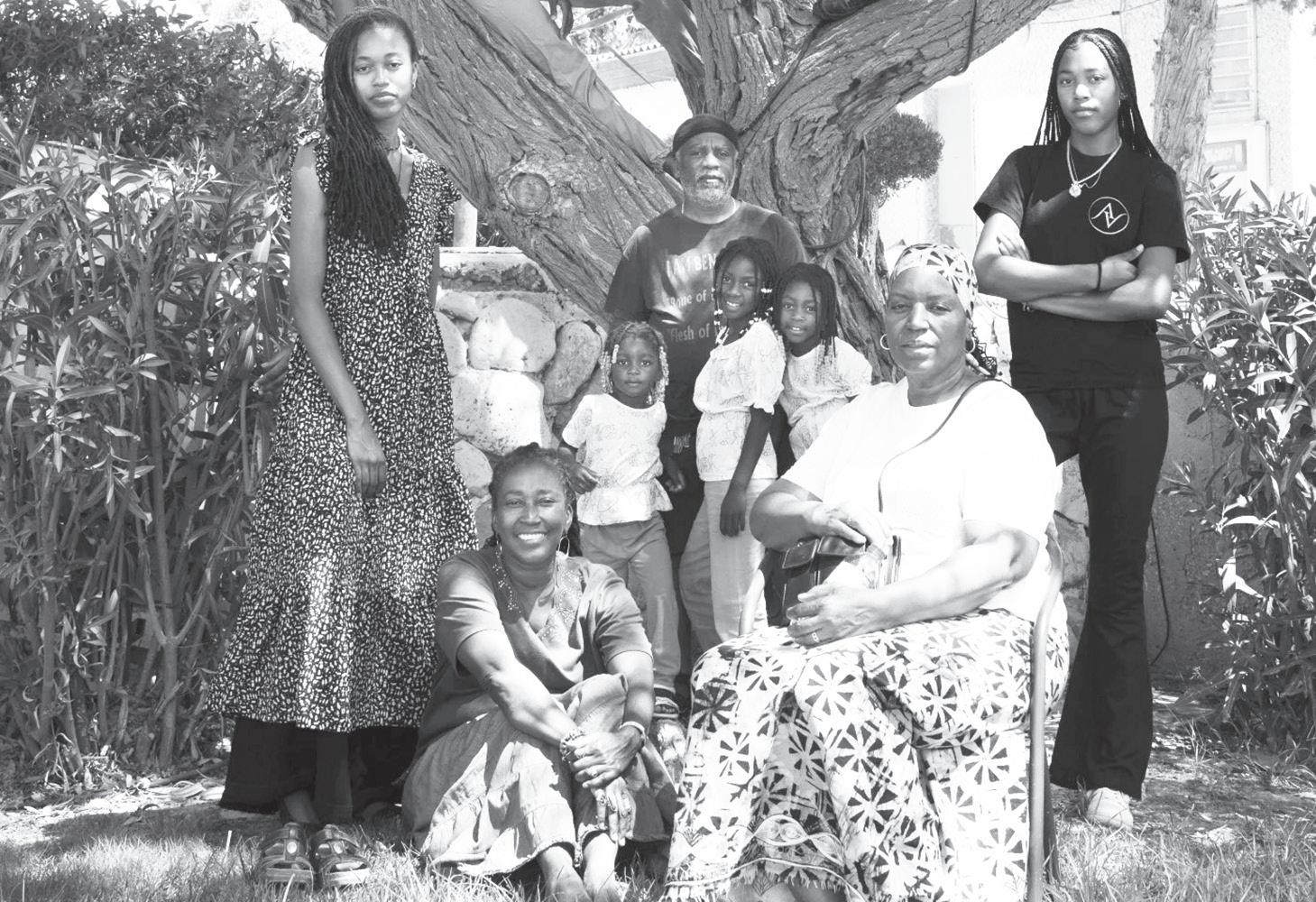 By Ilan Ben Zion Associated Press
By Ilan Ben Zion Associated Press
DIMONA, Israel (AP) — For two years, Toveet Israel and dozens of other residents of the Village of Peace have lived in fear.
Dimona, a city on the edge of the nation of Israel’s Negev Desert, has been her home for 24 years. Her eight children were born here and know no other country. Now, she and 130 other undocumented members of the African Hebrew Israelites of Jerusalem face deportation.
Receiving the order to leave two years ago was a “moment of disbelief” for Israel, 53. “I feel like the government has been merciless to me and my children,” she said.
The Hebrew Israelites, as the spiritual community’s members are commonly known, first made their way to Israel from the United States in the 1960s. While members do not consider themselves Jewish, they claim an ancestral connection to Israel.
Around 3,000 Hebrew Israelites live in remote, hardscrabble towns in southern Israel. The Village of Peace, a cluster of low-slung buildings surrounded by vegetable patches and immaculate gardens in Dimona, is the community’s epicenter.
Over decades, the Hebrew Israelites have made gradual inroads into Israeli society. After years of bureaucratic wrangling, about 500 members hold Israeli citizenship, and most of the rest have permanent residency.
But about 130 have no formal status and now face deportation. Some don’t have foreign passports and say they have spent their entire adult lives in Israel and have nowhere to go.
The community’s long fight to secure its status shines a light on Israel’s strict immigration policy, which grants people it considers Jewish automatic citizenship but limits entry to others who don’t fall under its definition.
The African Hebrew Israelites are one of a constellation of Black religious groups in the U.S. that emerged in the late 19th and 20th centuries and encompass a wide spectrum of Christian and Jewishinspired beliefs.
André Brooks-Key, an African and African American studies professor at Claflin University in South Carolina, said these various religious communities share a belief that certain African peoples are descendants of the biblical Israelites and that the transatlantic slave trade was prophesied in the Bible.
“Regardless of how they understand Jesus or how they dress or any of these other aspects, that underlying theological point is what binds them together,” Brooks-Key said.
The Hebrew Israelites believe they are descendants of the biblical tribes of Israel who, after the Roman conquest in 70
A.D., fled down the Nile and west into the African interior and were ultimately taken as slaves to North America centuries later.
They observe an interpretation of biblical laws formulated by their late founder that includes strict veganism, abstention from tobacco and hard alcohol, fasting on the Sabbath, polygamy, and a ban on wearing synthetic fabrics.
Ben Ammi Ben-Israel, the group’s Chicago-born spiritual leader, said he had a vision in 1966 from the angel Gabriel that Black descendants of the Israelites should “return to the Promised Land and establish the Kingdom of God,” according to the community’s website.
After a brief stint in Liberia, Ben-Israel and several dozen families of followers arrived in Israel in 1968.
Ben-Israel died in 2014 at age 75 and is revered as a messianic figure, Ahmadiel Ben Yehudah, a community elder and spokesperson.
“We’re Judeans by our tribal affiliation,” he said. “There’s a long tradition and continuity of cultural connections that root us here in this land. We didn’t just fall out of the sky.”
Shortly after their arrival, the Hebrew Israelites’ legal problems began. Israel initially granted them citizenship, but subsequently revoked it after changes in its Law of Return, which grants automatic citizenship to Jews.
They remained illegal aliens, some of
them stateless after renouncing their American citizenship, until the early 1990s, when they began receiving temporary Israeli residency.
A turning point came in 2002, after a Palestinian gunman killed six people at a bat mitzvah party, including a 32-year-old Hebrew Israelite singer who had been performing. In response, Israel started granting the community members permanent residency.
In 2015, about 130 of them without documentation submitted requests for residency rights, claiming that authorities had reneged on earlier promises to legalize their status.
The Interior Ministry rejected the requests in 2021 and issued deportation orders to 49 people. Four left the country, while the remaining 45 appealed. The rest remain in legal limbo.
The ministry’s Population and Immigration Authority said the individuals subject to deportation had never appeared on lists submitted by Hebrew Israelite leaders and that some had entered Israel recently.
“It’s not clear why their first requests (for residency) were only submitted in 2015,” the authority said, or why the community didn’t submit requests on behalf of those individuals.
The community’s deepened integration into Israeli society over the years has made the idea of deportation especially painful. Dozens of young Hebrew Israelites serve in the Israeli military, and many
work for Teva Deli, a vegan food manufacturer.
The community runs a school where its students learn Hebrew and Black history as part of their educations. The majority of Village of Peace residents, particularly members of the younger generation that grew up in Israel, speak Hebrew fluently.
On June 1, the community celebrated New World Passover, a holiday marking the exodus from the United States of the Hebrew Israelites who came to Israel in the 1960s.
Families dressed in vibrant patterned outfits gathered in a public park adjacent to the Village of Peace for live music and a vegan soul food cookout.
Afterward, the community assembled around a stage for a dance performance and a march celebrating Hebrew Israelite soldiers serving in the Israeli military to chants of “We are soldiers of our God.”
Months have dragged on without a decision from the Israeli authorities, leaving the undocumented Hebrew Israelites suspended between their homes in the Holy Land and what they see as exile.
Ben Israel, 55, who grew up in Bermuda and moved to Israel from the U.S. in 1991, is slated to be deported with four of his five children.
“I won’t walk out of here,” he said. “We come to serve the god of Israel, the god of our forefathers, Abraham, Isaac and Jacob. We are Hebrew Israelites. So why not arm-in-arm?”
- The African Community Newspaper www.mshale.com July 24-30, 2023 Issue 584 Mshale 9 Religion
Members of three families from the Hebrew Israelite community facing deportation, pose for a portrait in the Village of Peace in Dimona, Israel, Monday, July 17, 2023. For two years, Toveet Israel, bottom left, and dozens of other residents of the Village of Peace have lived in fear. This city on the edge of Israel’s Negev Desert has been her home for 24 years. Her eight children, including two of her daughters Yahlital, standing left, and Ahmeeteeyah standing right, were born here and know no other country. With them are Ben Israel, center, his granddaughters, and Estella Rivers, right.
Photo: Maya Alleruzzo/AP
International Day of Music fills Orchestra Hall and its grounds with global music
By Susan Budig Mshale Contributing Writer

International Day of Music, hosted by Orchestra Hall with programming partners, BRKFST Dance Company, the Cedar Cultural Center, and City of Bells provided a platform for the rich diversity of artistic talent that exists here in Minneapolis and St. Paul.
On Nicollet Mall and 11th Street Saturday, July 15th, in the same space as Orchestra Hall, music from the Democratic Republic of Congo and Ukraine, Chile, India, Guinea, England, and other countries could be heard.
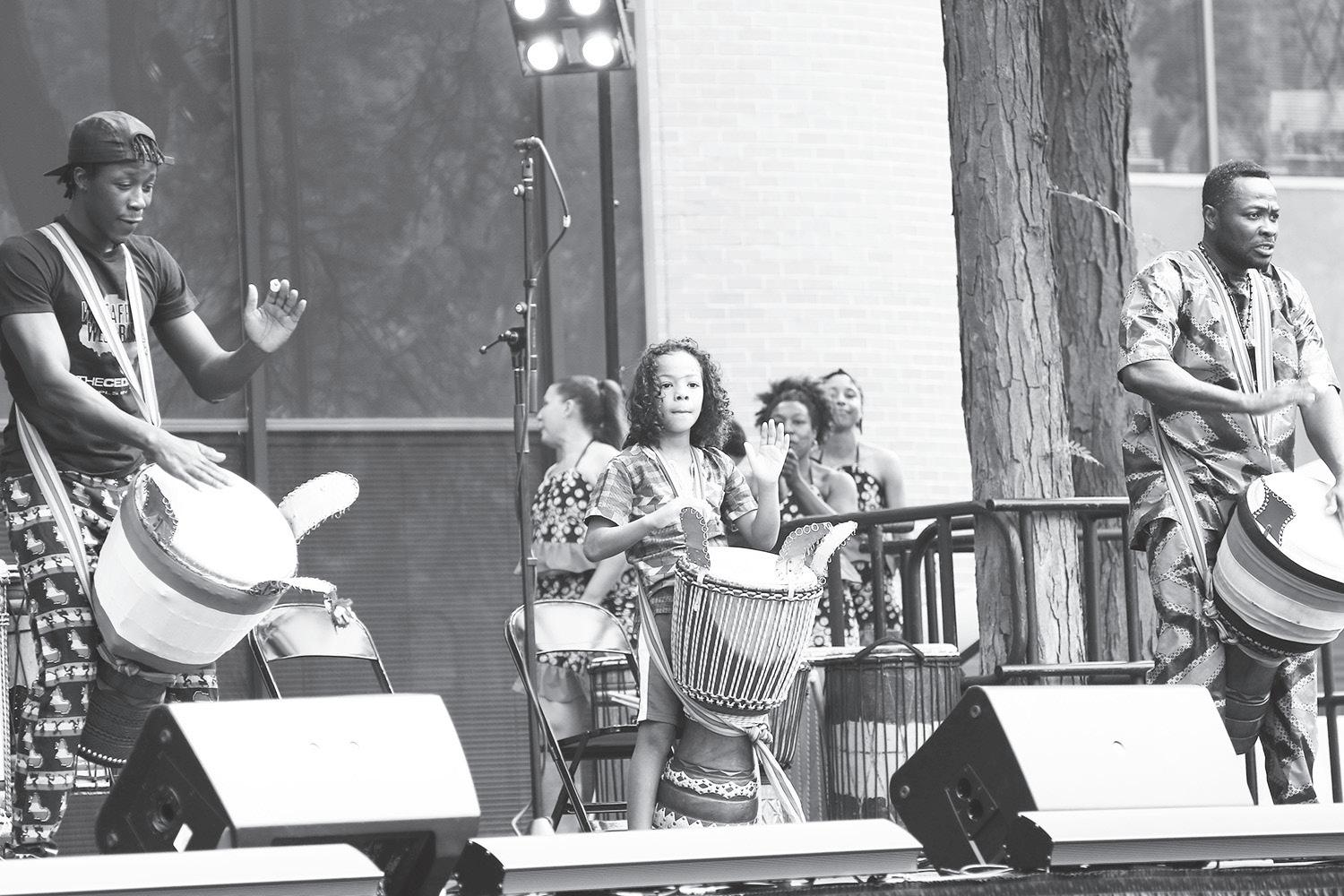
Instead of violins and double-basses carrying the tune, vinyl records spun, sound machines queued, and djembe beats bounced off all the surfaces at Peavey Plaza.
Through the power of music and dance performed by representatives of each of these countries, Minneapolis hummed with an International voice. People in the audience danced, swayed, clapped, shouted, whistled, and jumped as they listened to music and watched dancing and drumming from 25 different countries over a twelve-hour span.
Of a trio of grey-haired or no-haired music aficionados who arrived early, two of them had never heard of the scheduled acts at the Atrium stage, but they trusted the sound to be exciting as they’d been attending this event for many years.
Renamed several times, International Day of Music marks the beginning of Orchestra Hall’s summer season. As the Twin Cities has moved into a more cosmopolitan citizenry so has the festival’s output grown more diverse and inclusive.
Dumont Doumbe, one half of the duo that comprises Douala Soul Collective, said they spin according to the vibe they feel from the crowd. Slotted into the morning session, the crowd was still waking up, yet there were a few dancers who used their smiles to invite others to join them as they grooved to the DJs’ tunes.
While attendance was never shoulderto-shoulder, it was up from previous years of the pandemic. This year, however, was hampered by air quality alerts, primarily impacted by the wildfires in Canada. Saturday’s rating was yellow indicating a moderate air quality with an AQI of 66. Some people wore masks out of caution against the pollution.
The skies were sunny with a haze and a strong breeze. In fact, an employee of Orchestra Hall sporting a coral-colored T-shirt as did most of the event workers and volunteers, deemed it windy enough to warrant the removal of the coveted umbrellas that offered scarce shade citing safety concerns.
Although this decision was not met with agreement from the audience, no one left especially since a miked voice suddenly
called out, “Are you all ready to travel to Guinea West Africa?” Displaced people quickly found new spots to stand or sit and attention riveted to the Peavey Plaza stage where Duniya Drum and Dance Company began their performance.
“Music brings people together and music begins with the drum roll,” the same voice shouts.
The heat of the day taxed many of the audience members, but despite a twelveplus hour shift, at 10:30 pm, Robert Lehmann, Community and Grant-Funded Programs Manager of the Cedar Cultural Center, remained present and applauding the many performances.
At least 70 people sat in cushy seats of Orchestra Hall taking in Miloe and the Kabeyas, a local phenomenon that rose up out of the pandemic. Bobby Kabeya, founder and lead singer in the band, emigrated from DR-Congo at a young age. Most of his family, including his dad, Mike, and mom, Sylvie, were on stage enamoring the audience with original work save for Sylvie’s captivating rendition of Miriam Makeba’s Malaika.
Peavey Plaza and the Global Groove Stage provided space for outdoor acts. Inside Orchestra Hall, both the auditorium and the Target Atrium served as performance halls. In addition to the performances, vendors and food trucks filled both inside and outside spaces. Most of the food trucks were of Latin American fare. Indoors, vendors sold jewelry, skin-care products, and books all produced locally.
- The African Community Newspaper www.mshale.com July 24-30, 2023 Issue 584 Mshale 10 Art & Entertainment
Duniya Drum and Dance Company drummers perform outside Peavey Plaza on Nicollet Mall in Minneapolis during International Day of Music on Saturday, July 15, 2023. The annual event marks the beginning of Orchestra Hall’s summer season.
Check out more photos from International Day of Music @ mshale.com
Photo: Richard Ooga/Mshale
JOIN US!
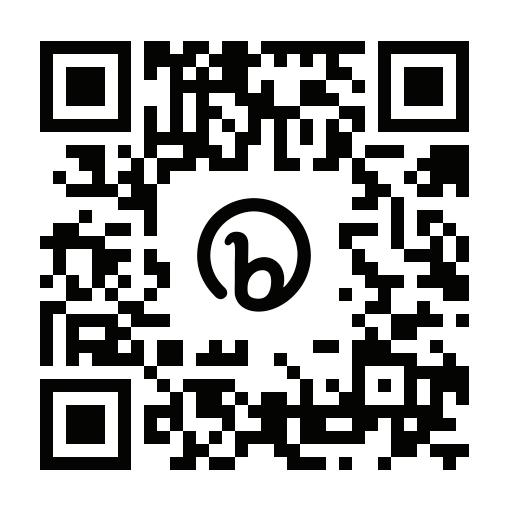
Join Books For Africa supporters from near and far in Minneapolis, Minnesota to celebrate 35 years and launch our newest initiative: A Book For Every Child.




The event features dinner, live music, and the chance to connect with BFA supporters from around the world.
SEPTEMBER 13TH, 2023
- The African Community Newspaper www.mshale.com July 24-30, 2023 Issue 584 Mshale 11









- The African Community Newspaper www.mshale.com July 24-30, 2023 Issue 584 Mshale 12 You Fair Housing A Better Community The solution to housing discrimination starts with you. If you have been trying to buy or rent a house or apartment and you believe your rights have been violated, contact HUD or your local fair housing center. The Fair Housing Act prohibits housing discrimination because of race, color, sex, religion, national origin, familial status or disability. + Fair Housing Is Your Right. Use It. Visit www.hud.gov/fairhousing or call the HUD Hotline 1-800-669-9777 (English/Español) 1-800-927-9275 (TTY) A public service message from the U.S. Department of Housing and Urban Development in partnership with the National Fair Housing Alliance. The federal Fair Housing Act prohibits discrimination because of race, color, religion, national origin, sex, familial status or disability. For more information, visit www.hud.gov/fairhousing. SCAN HERE FOR MORE INFO





























































































 By Ilan Ben Zion Associated Press
By Ilan Ben Zion Associated Press













